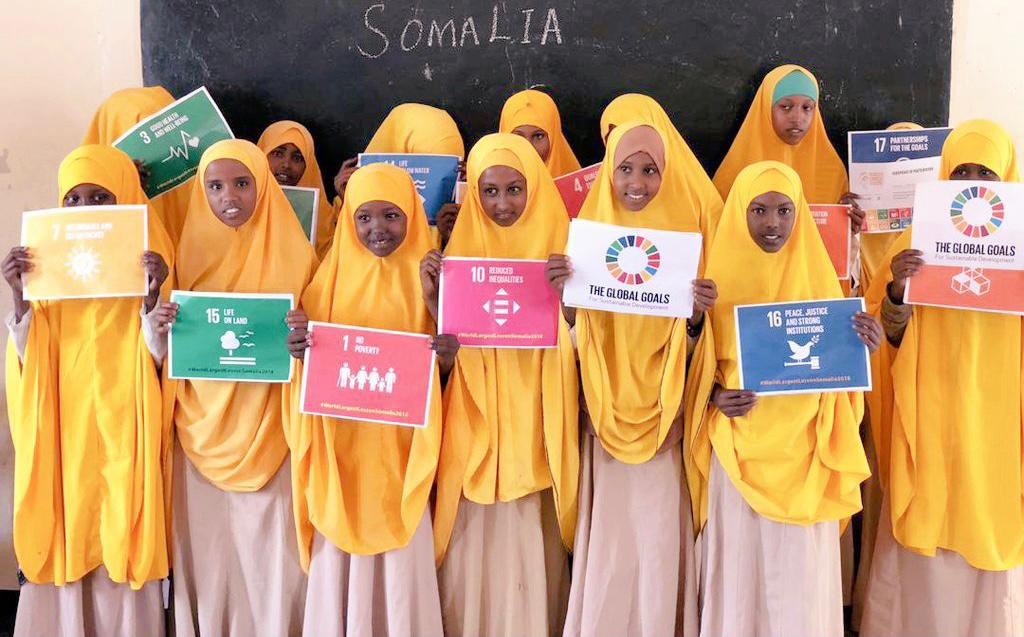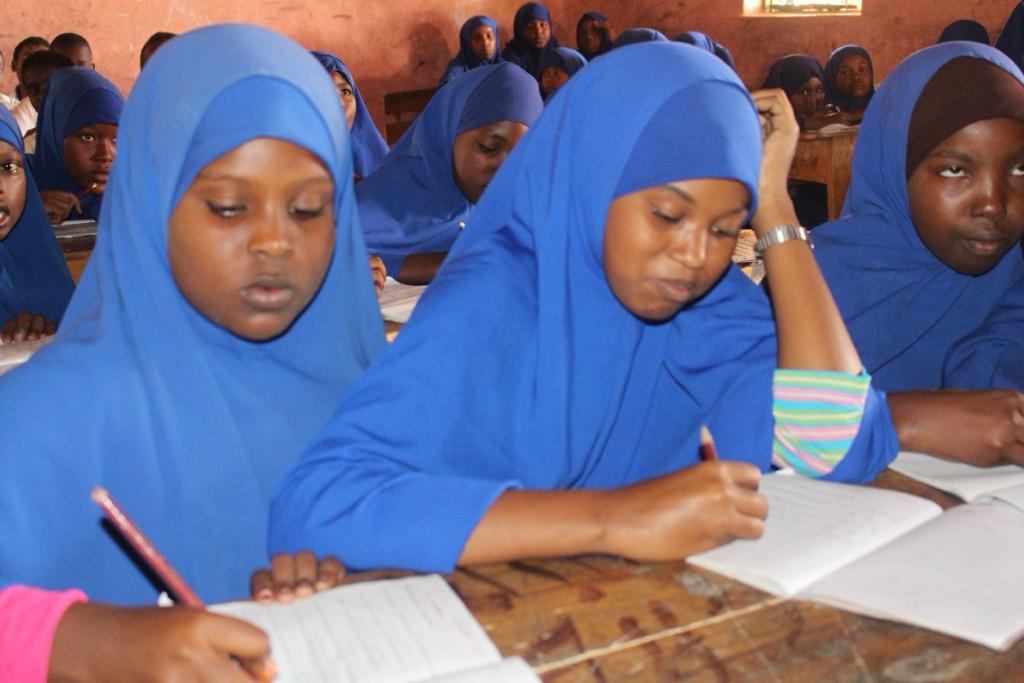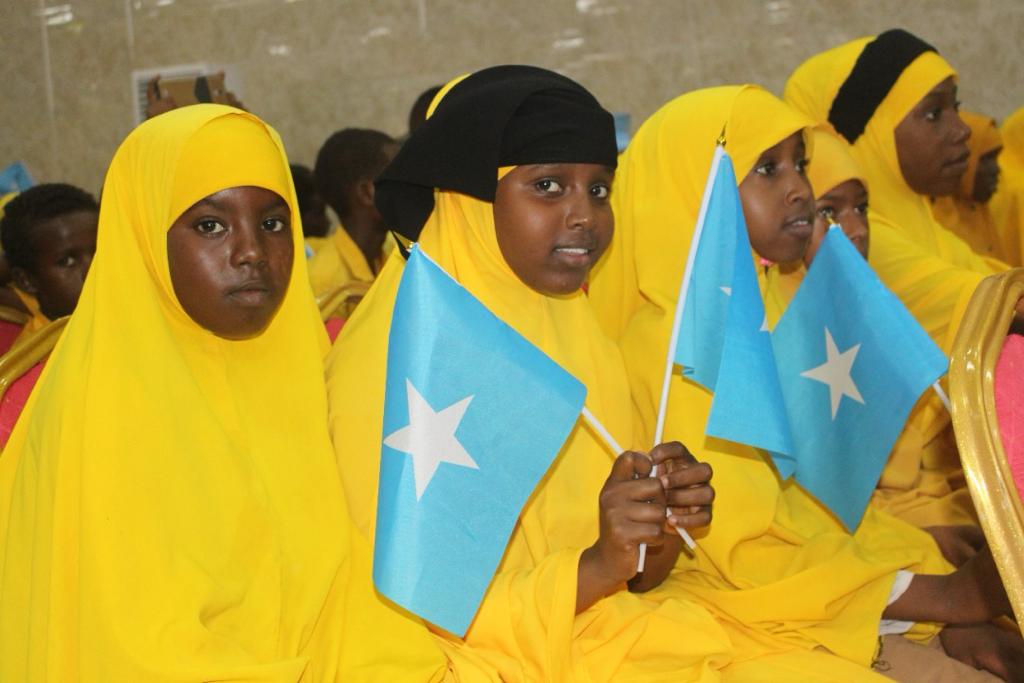By Saida Hassan
On December 2017, two months after the largest terrorist attack in Somalia’s history, I landed in Mogadishu, Somalia. Most people were puzzled as to why I would forgo the security of a middle-class life in the United States for the chaotic, dangerous, and, as they put it, hopeless situation in Somalia. I was driven by a purpose that animates most Somali diaspora – to connect with my past and to help shape our country’s future through education. For the past five years, I have served as a Technical Advisor within the Ministry of Education, Culture, and Higher Education (MoECHE).

Despite modest achievements, I believe that the Ministry’s capacity to achieve national mandates is critically hampered by the deficiencies within the Ministry itself. Thus, I am penning this reflection to shed light on these deficiencies in order to foster constructive dialogue and invite solutions that could save Somalia’s education sector from further waste and mismanagement.
MoECHE’s role in the revitalization of Somalia’s education system cannot be overstated. Somalia has a population of 18 million with a median age of 15. The education system is wholly privatized, and more than three million children are out of school. Most schools have no discernable curriculum, charge exorbitant fees, and are accountable only to their shareholders. The Ministry’s mandate is to build a singular, cohesive education system accountable to the Federal Government.
In the past decade, the Ministry has achieved modest success in achieving its mandate. It has reopened 27 public schools for the first time since 1990 and has recruited 3000 teachers for this mission. It has implemented a national curriculum and standardized Secondary National Examinations in all Federal Member States (with the exception of Puntland). The Ministry has also developed number of laws and regulations including the National Education Act which currently awaits Parliamentary ratification. The passage and proper implementation of this law is critical to the nationalization and reformation of education in Somalia.
The completion of these objectives was not easy – to say the least. At each step, the tireless efforts of skilled policy makers were either delayed by political jostling, dismissed by an unaccountable workforce, or diminished by the lack of clear departmental rules and regulations.

In the last decade, MoECHE has had seven ministers of education and five different general directors. I have worked for four ministers in five years. This problem is compounded because each new minister comes with his own agenda and a new staff bent on diminishing or dismantling his predecessors’ achievements. This reality has produced a prevalence of self-serving public officials concerned only with short term, personal or political gains. It has hindered the continuity required to produce long term policy results that improve educational standards for families across the country.
The primacy of politics at the expense of education policy has affected the Ministry’s capacity to retain an ethical, talented, and motivated workforce. Throughout my time at the Ministry, I have faced two common criticisms from colleagues. “You care too much” and “you are working too hard.” It quickly became clear why earnest effort was not in most employees’ interests. Of the 220 staff at the Federal level, only 30 or so regularly came into work. Many employees are paid despite regular absenteeism. For those present, catering to the man-in-charge takes priority over the provision of essential services for students. The essence of collaboration in teamwork is missing. There are no regularly organized meetings to discuss projects and plan for future developments. These deficiencies result in neglected initiatives, unfair treatment, and compromised evaluations which ultimately hinder the achievement of the Ministry’s mandate.

The effectiveness of the few capable, hardworking staff members is diminished by the lack of clearly defined departmental policies and procedures. MoECHE’s departments have not been adequately defined. Most employees are unaware of the functions they are supposed to be performing (ESA 2021). The ethical code of conduct is lacking clarity and consistent enforcement. This lack of clear rules makes it difficult to determine which actions are corrupt or unethical. Consequently, individuals within the Ministry may engage in questionable practices such as soliciticing kickbacks. The Ministry cannot achieve its stated goals without clear ethical guidelines that are enforced equally and without favoritism.
Despite these critiques, I am confident that the Ministry can achieve its mandate – with the right leadership. The eradication of Al-Shabab from the different states in Somalia will free up many resources that I hope will be utilized to develop cohesive and coherent education policies in Somalia. However, these developments can only produce meaningful results when stakeholders prioritize capacity building within the Ministry. This requires a leader that is willing to build capable departmental units, enforce accountability, and eliminate corruption.
MoECHE has the unique role of disseminating the Nation’s vision and values. It is the one institution that can determine whether Somalia produces educated, ethical, and accountable leaders. As such, the Ministry must confront its current problems and produce tangible solutions that promote each child’s access to quality education.
The importance of this mission cannot be overstated. Somalia has already lost one generation to war. It is high time to prevent the loss of the next generations to corruption and mismanagement.
Saida Hassan
———–
Saida is currently pursuing her M.A. at Harvard Graduate School of Education, specializing in Policy and Analysis. Prior to this, she worked in career and college readiness at Minneapolis public schools working
underserved students and parents. In 2018, she transitioned to Somalia, where she has been involved with the Federal Ministry of Education in various roles.
We welcome the submission of all articles for possible publication on WardheerNews.com. WardheerNews will only consider articles sent exclusively. Please email your article today . Opinions expressed in this article are those of the author and do not necessarily reflect the views of WardheerNews.
WardheerNew’s tolerance platform is engaging with diversity of opinion, political ideology and self-expression. Tolerance is a necessary ingredient for creativity and civility.Tolerance fuels tenacity and audacity.
WardheerNews waxay tixgelin gaara siinaysaa maqaaladaha sida gaarka ah loogu soo diro ee aan lagu daabicin goobo kale. Maqaalkani wuxuu ka turjumayaa aragtida Qoraaga loomana fasiran karo tan WardheerNews.
Copyright © 2024 WardheerNews, All rights reserved


